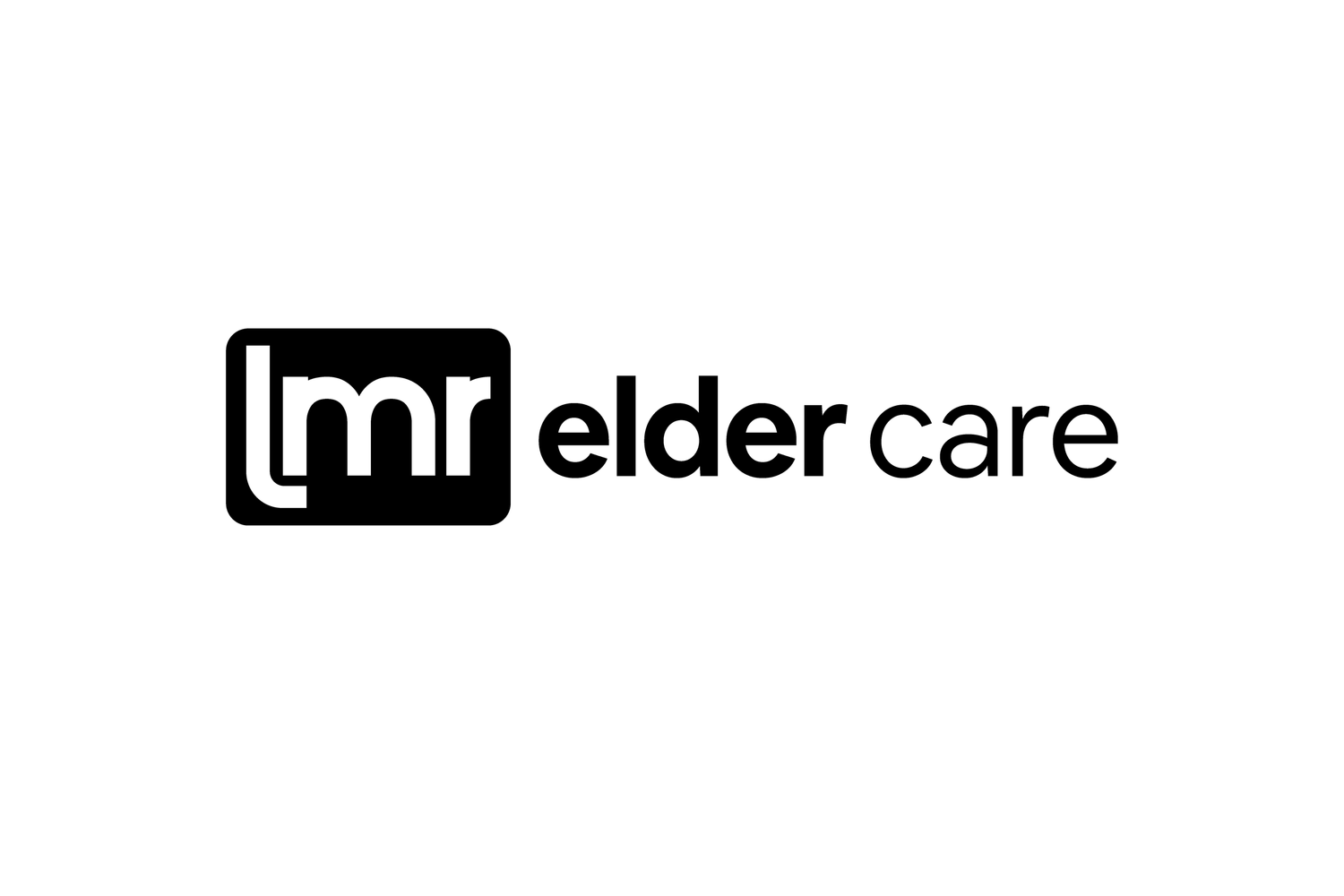Challenges (and Solutions) With Medication Management
Written by: Gary Rich, RPh, MBA
One of the tasks that can become more challenging for adults as they age is managing the medications they are prescribed. Former US Surgeon General C. Everett Koop, once said “Drugs don’t work in people who don’t take them.” While true, it oversimplifies the more complex issue of medication non-adherence, defined as the failure to take medication as prescribed. Some of the reasons for medication non-adherence include:
Taking multiple medications
Bothersome side effects
Diminished vision, hearing, or memory
Confusion with directions
High prescription costs/complex insurance
In the US, medication non-adherence affects as much as 50% of people taking chronic medications, and accounts for up to 25% of hospitalizations and 125,000 preventable deaths each year. Unfortunately, family members or friends often don’t live close enough or have the time or knowledge to provide adequate assistance to their loved ones.
I have been a practicing pharmacist for over 40 years, and the primary caregiver for my parents as they aged. I am very aware of the difficulties older adults face managing their medication regimens. Often, utilizing a weekly pill planner can be helpful for a patient to remember to take their medications every day and reduce the potential for accidental duplicate doses. Smartphone apps can also be useful tools to improve adherence.
Gary Rich is the President and Founder of MyPharmaGuide. His company helps make sure that patients take their medication at the right time, in the right way, and with the most cost-effective approach. To learn more about MyPharmaGuide, please call 201.981.4978 or visit: https://www.mypharmaguide.net/

